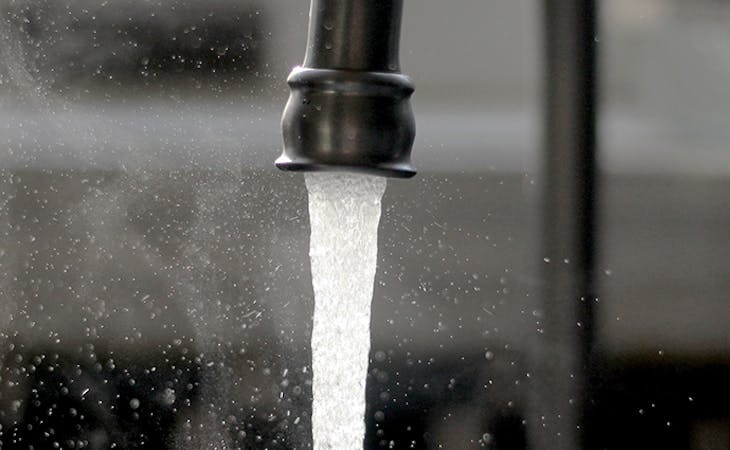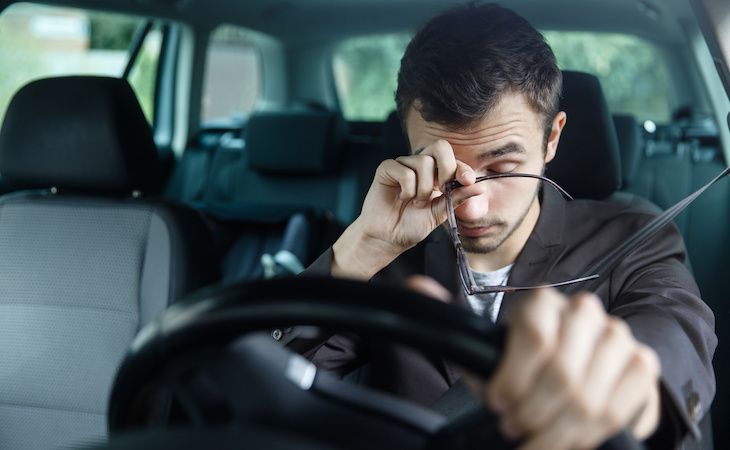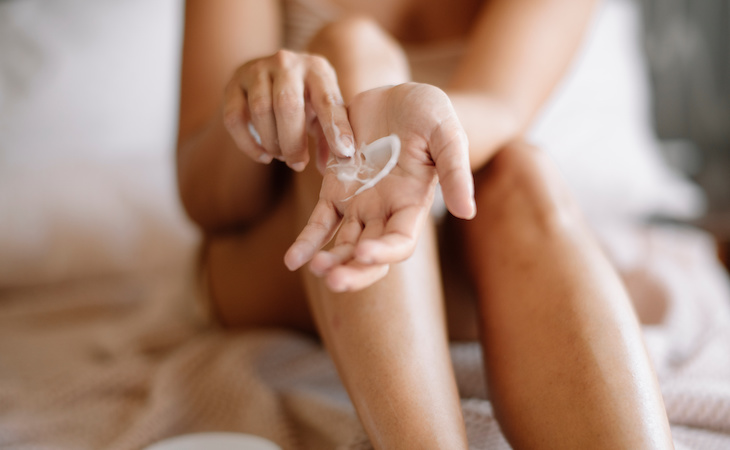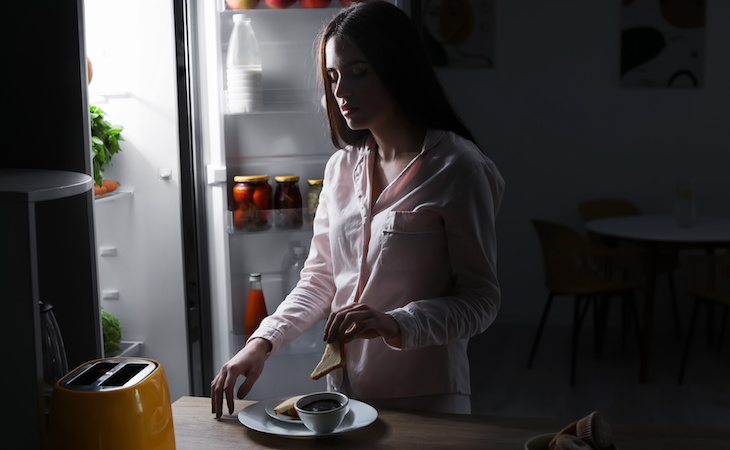How often do you wake up at night to use the bathroom after you’ve fallen asleep? Occasionally? Once, twice, three times a night, or more? You’re not alone. An estimated 50 million people in the United States wake up two or more times a night to empty their bladders, a condition known as nocturia. Although the majority of people with nocturia are over 60, it’s estimated to affect as many as one in 10 individuals aged 45 or younger. People with severe nocturia may get up as many as five or six times during the night.
While it might seem like it’s just a nuisance, nocturia can wreak serious havoc on your sleep—and your overall well-being. A study of 1,214 women demonstrated that nocturia had a significant impact on quality of life in patients who made at least two trips to the bathroom at night. Increased sick leave and lower work productivity have also been reported by people with nocturia.
Among older adults, nocturia increases the chance of falls. Studies have shown that people who make at least two or more trips to the bathroom at night have a greater than twofold increase in the risk of fractures and fall-related fractures. Additionally, a high proportion of falls among elderly hospital patients occur because of nighttime bathroom trips.
Are you sick of waking up during the middle of the night to pee? Here’s what causes nocturia and how to put an end to it.
What causes nocturia?
There are many different causes of nocturia, including:
- Urinary tract infection: A urinary tract infection (UTI) can trigger the need to urinate more during the day and as well as at night. You may experience urgency, pain with urination, and/or a fever.
- Enlarged prostate: An enlarged prostate is common in older men and can make emptying the bladder difficult. According to one survey of partners of men with benign prostatic enlargement, three-quarters were disturbed more than once a night by their partner, and nearly half reported being “tired” the next day as a result of the awakenings.
- Excessive fluid intake: Nocturia can be the result of drinking too many fluids, especially caffeine or alcohol, in the evening hours.
- Menopause: The hormonal changes of menopause can contribute to nocturia as women age. (Here’s how to sleep better during menopause.)
- Sleep deprivation: Danish researchers have found that sleep deprivation can cause nocturia in healthy children. They note that sleep deprivation leads to physiological changes that can result in children having to urinate more frequently overnight.
- Age: The prevalence of nocturia increases with aging. As many as two-thirds of adults ages 55 to 84 experience nocturia at least a few nights per week. As you get older, bladder function weakens and it becomes harder to hold in urine.
- Weight: People who are very heavy have an increased risk for nocturia, more so among women than among men. In men, higher weight is associated with increased prostate size, while in women, higher weight is linked to urinary incontinence.
- Sleep disorders including insomnia, restless legs syndrome, and obstructive sleep apnea: When you have sleep apnea, for example, your body produces atrial natriuretic peptide, a hormone that prompts urination, as it works hard to help you breathe against a closed airway.
- Medical conditions like hypertension, heart failure, and diabetes: In the case of diabetes, having high blood glucose levels can trigger your body to eliminate excess glucose via urine.
How can you stop peeing in the middle of the night?
Curbing nighttime bathroom trips will depend on the cause of your nocturia and may include medications, lifestyle changes, and diagnosis and treatment of untreated or underlying sleep disorders or medical conditions.
Beyond seeking medical attention, try these things to help reduce the need to use the bathroom at night:
- Avoid caffeine after lunchtime.
- Limit alcohol at night.
- Empty your bladder before bed.
- Track your habits. Keep a diary for three to seven days, noting your nighttime bathroom trips, daytime fluid intake (type and amount), daytime bathroom trips, any bladder leakage, medications you take, and what time of day you take them. Then share the results with your healthcare provider, who can help identify patterns and, if necessary, suggest treatments.









